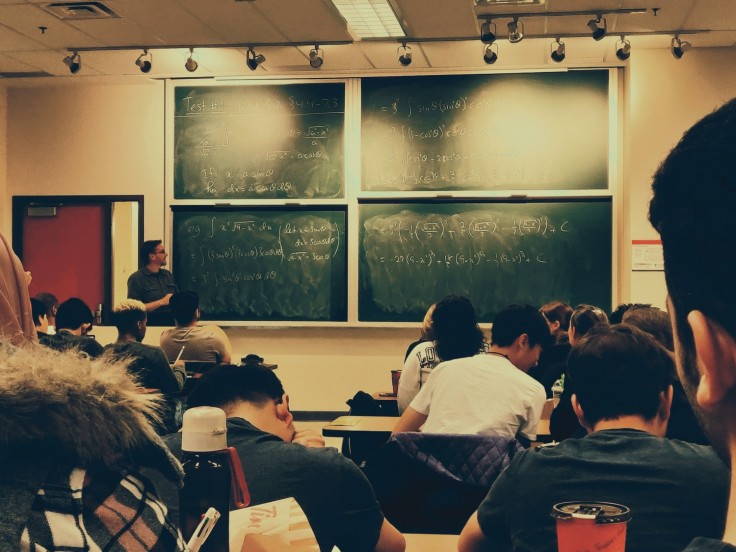The Problem with Traditional Universities: Ignoring Individual Differences and Needs
Created by
Traditional universities have been the primary source of higher education for centuries, offering a range of academic programs and degrees to students seeking to advance their careers and knowledge. However, many students have found that the one-size-fits-all approach of traditional universities does not suit their individual needs and learning styles.
People are worried that traditional universities are ignoring students' unique differences and needs, leading to dissatisfaction, high dropout rates, and a lack of preparedness for the workforce. We will explore the problem with traditional universities and discuss how personalized learning and alternative educational models can better serve students' individual needs and goals.
Why One-Size-Fits-All Programs Are Failing Our Students
Traditional universities offer one-size-fits-all programs that do not meet the needs of today's diverse student population, leading to lack of engagement, motivation, and overall satisfaction. For example, students who are visual learners, self-directed, or seeking practical skills may struggle in a lecture-style classroom setting that primarily relies on auditory instruction and rigid schedules. This consistent issue requires an innovative alternative to support all students.
The Need for Change in Higher Education: AIU's Pioneering Alternative
Traditional universities fail to provide adequate support for students struggling with personal or academic challenges. Alternative educational models, like Atlantic International University, prioritize personalized learning and individualized attention. Our pioneer model recognizes that every student has unique strengths, weaknesses, and learning styles and that a tailored approach is essential for success. It is time for students to embrace these alternative models to prepare for the future and to better tend to their needs.
AIU's Unique Approach to Higher Education: A Sustainable Model for Academic Freedom
AIU's pioneered approach to education is built on the principles of academic freedom, which means that students have the freedom to choose their learning path, and faculty members have the freedom to design and teach courses that align with their expertise. At AIU, students engage in a sustainable model intended to give them maximum flexibility and personalization over their education.
Rethinking Education: The Importance of Personalization and Flexibility
One of the critical benefits of AIU's approach to education is that it allows students to learn at their own pace. This flexibility is particularly beneficial for students working full-time or with other responsibilities that make it difficult to attend traditional classes.
Best of all, AIU allows students to customize their learning path. For students who desire an educational path that departs from the traditional model, AIU offers an approach that is the personalized to the student's goals and their career aspirations.
Moving Beyond the Traditional University Model
While the traditional university model has existed for years, it is time for students and educators to move beyond the usual learning systems. Whether universities devote time to transferring to an online or competency-based learning model, the choice is theirs.
At AIU, our counselors advise the student as they direct their futures. For students seeking a university a cut above, AIU is the premier choice to experience an education built for a future of their choosing.
AIU's 25 Years of Success: A Model for the Future of Higher Education
As the world evolves, more than the traditional university model is required to meet the needs of students and employers. AIU's flexible approach to education, which emphasizes real-world experience and practical skills, is a powerful alternative with the potential to transform higher education.
With 25 years of success, AIU is a model for the future of higher education. To learn more about our institution, visit our website today to begin your journey into the future of higher education.
© 2025 University Herald, All rights reserved. Do not reproduce without permission.








